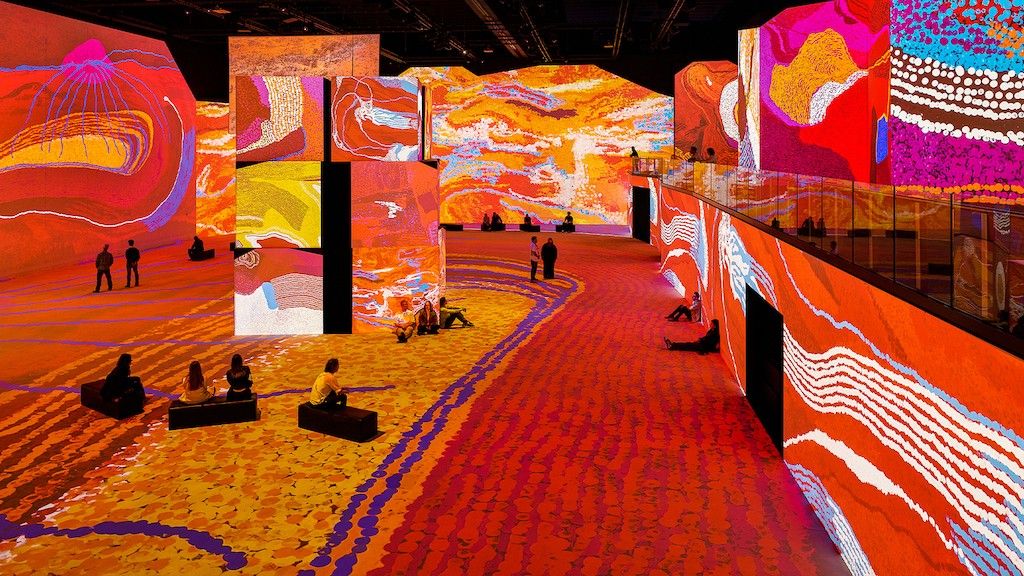PGAV Destination Consulting releases a national study about authenticity as a social trend that influences consumer choices. In today’s fiercely competitive marketplace, evidence is mounting about the true value of the authentic experience. Considered the antithesis of commercialism, authenticity has specific attributes that are identified in this comprehensive study and present opportunities for destinations.
Conducted in partnership with Conner Prairie , the PGAV Destination Consulting survey of attractions visitors across the United States reports the affinity for authenticity is indisputable and pervasive.
Fully 80% of attractions visitors report they like to visit places that are authentic. Attractions visitors say the best examples of authenticity are places where something real happened in history (68%), natural places untouched by human hands (53%) or something you cannot do anywhere else  (34%). Natural attractions like the Grand Canyon (86%) and living history museums like Conner Prairie and Colonial Williamsburg (73%) rank among the highest.
(34%). Natural attractions like the Grand Canyon (86%) and living history museums like Conner Prairie and Colonial Williamsburg (73%) rank among the highest.
A vast majority (81%) of attractions visitors who indicated their last trip had real/authentic characteristics said these attributes caused them to view the destination more favorably (25%) or much more favorably (56%). Importantly, destinations considered to be authentic tend to enjoy better brand perception, higher satisfaction and greater intent-to-return.
The data also revealed which attributes of authenticity are most important to travel and leisure consumers. Authentic experiences can be described by five distinct categories of attributes: Unique, Real, Human, Non-Commercial and Social/Emotional. Each one of these attributes can apply across the board to all kinds of attractions. In other words, regardless of the type of destination, an authentic experience can occur and appeal to visitors.

The key point for destinations is to carefully consider how to incorporate the survey findings. While natural sites or living history museums are inherently authentic, they need to ensure they appeal to all mainstream travelers in addition to the smallest groups of authenticity purists. Other attractions that offer fantasy and entertainment experiences, like theme parks and gaming casinos, have the greatest opportunity for growth by evolving their brands to include authenticity attributes.
Emotional connections do matter. Four in 10 visitors say the emotional aspects of an experience make an attraction feel authentic. When emotionally connected, visitors report they are more inclined to return to that place and spend significantly more money. Immersing people in the destination experience engages their senses, which in turn triggers sincere emotion and shared enjoyment.
Conclusion
Today’s travelers are picky about where to spend their dollar. The PGAV Destination Consulting study confirms that attractions visitors seek out authentic experiences. Destinations that appropriately develop authentic offerings or augment existing authentic attributes will gain a competitive edge in appealing to travelers. Opportunities exist for destinations that implement authenticity as a strategic approach to their business.









